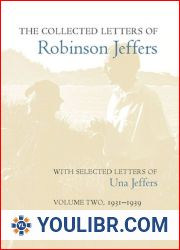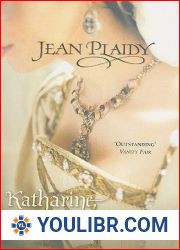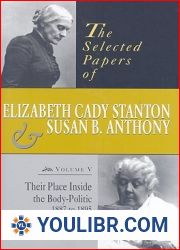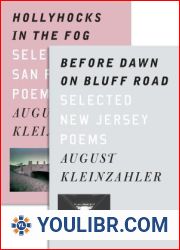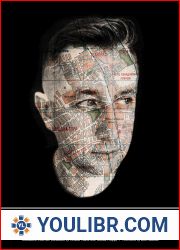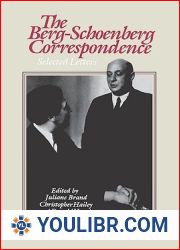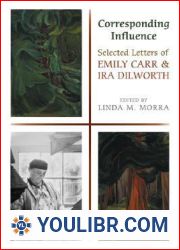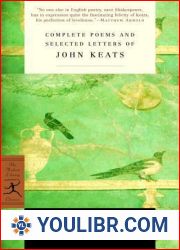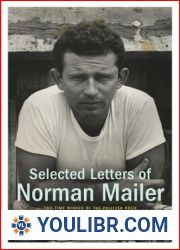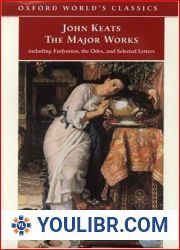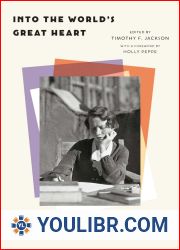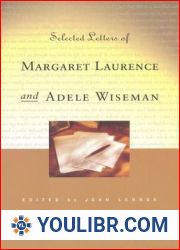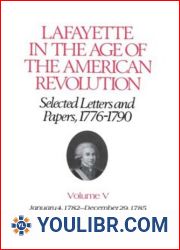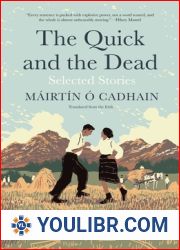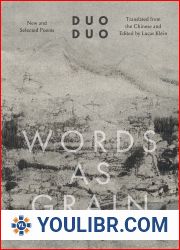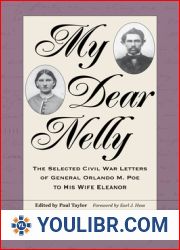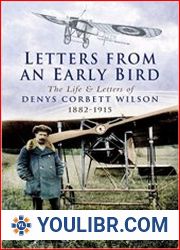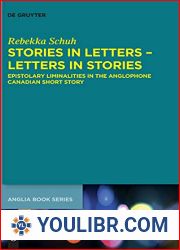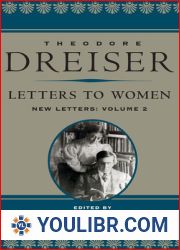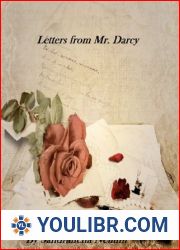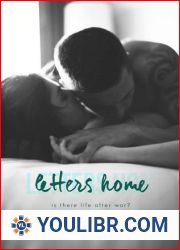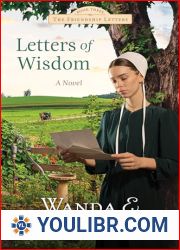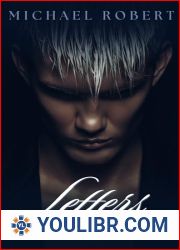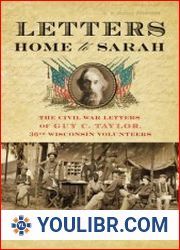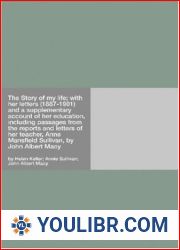
BOOKS - The Selected Letters of Katharine Tynan: Poet and Novelist


US $8.51

96746

96746
The Selected Letters of Katharine Tynan: Poet and Novelist
Author: Damian Atkinson
Year: March 15, 2016
Format: PDF
File size: PDF 3.7 MB
Language: English
Year: March 15, 2016
Format: PDF
File size: PDF 3.7 MB
Language: English
A farmer s daughter, a convent girl, a lover of the Irish countryside, a poet, novelist and short story writer, a journalist, a friend of the English during war and peace, a fighter for justice, a Catholic, but able to see and decry the interference of religion in this is in part Katharine Tynan Hinkson (1859 1931), usually known as Katharine Tynan, who lived in Ireland and England, and wrote through the turbulent times of Irish politics, suffrage, the Great War, and civil war in Ireland. Her background was rural Ireland, her father being a prosperous land-owning farmer. Educated locally and at a convent, she left aged fourteen and spent much time reading and enjoying the countryside, which became a foundation for her poetry and storytelling. She was aware of the politics of Ireland through her politically active father, and she joined the short-lived Ladies Land League in 1881 and was a fervent admirer of Charles Stewart Parnell. Her first major literary friendship was with her mentor, the Jesuit Father Matthew Russell, editor of the Irish Monthly, who published much of her work. He introduced Katharine to the Catholic literary couple Wilfrid and Alice Meynell in London in 1884, a visit which formed a deep love and admiration for Alice. The Meynells published much of her poetry in the Weekly Register and Merry England. Katharine made many visits to England and settled in England in 1893 after her marriage to Harry Hinkson, making it her home until returning to Ireland in 1912. After the Great War, she moved between England and Ireland, finally settling in London where she died. Katharine s life spanned Anglo-Irish politics, the suffrage movement, the Easter Rising of 1916, the Great War (her two sons served in the British Army) and its aftermath. Her letters cover these events and the friendships and correspondence with many literary persons, including George William Russell (A.E.), G. K. Chesterton, Wilfrid Scawen Blunt, Clement King Shorter, the writer Frank James Mathew and the novelist May Sinclair. An early friend of W. B. Yeats, she was seen as part of the Irish literary revival, although in a minor role. Throughout her life she suffered from very poor eyesight. She published five autobiographies, which, together with the letters, provide us with valuable insight into her life and times.







